Sadaf Kanwal's recent comments about #MeToo, Mahira Khan are problematic. Here's why
Model's remarks make us think our entertainment industry is still not ready to have a conversation about #MeToo
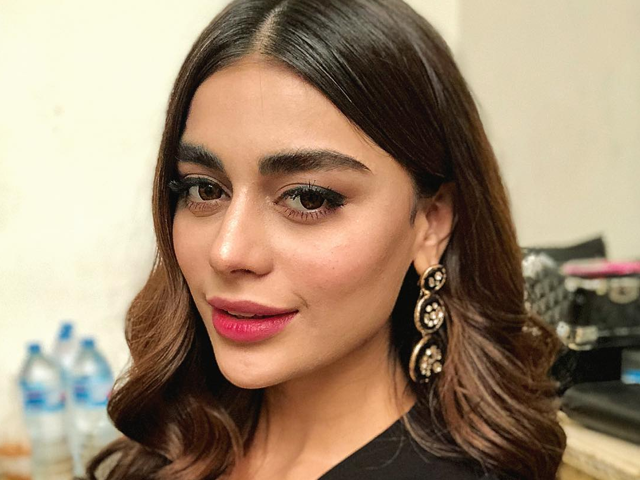
PHOTO: SADAF KANWAL/INSTAGRAM
When American actor Alyssa Milano used #MeToo after allegations of rape surfaced against Hollywood mogul Harvey Weinstein, she drew attention towards hundreds of harassment incidents faced by women every day.
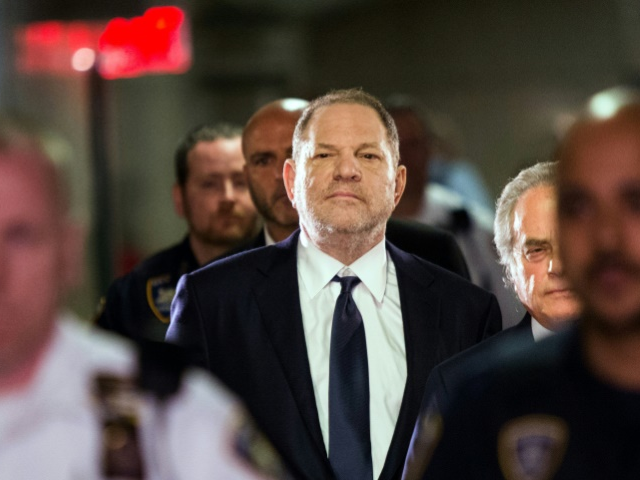 Hollywood film producer Harvey Weinstein enters Manhattan criminal court in New York, where he pleaded not guilty to rape and sex assault charges. PHOTO: AFP
Hollywood film producer Harvey Weinstein enters Manhattan criminal court in New York, where he pleaded not guilty to rape and sex assault charges. PHOTO: AFP#MeToo moved mountains in the West. Weinstein is currently facing trial over rape and harassment allegations. Of late, Bollywood artistes have also become more open to discussion of casting couch. So, why is the Pakistani entertainment industry still hesitant to talk about the subject?
In April this year, singing sensation Meesha Shafi publicly accused Ali Zafar of sexually harassing her, on not one but multiple occasions. Zafar denied the allegation and sued Shafi for 'publicly defaming him'. Currently, the matter is in court.
Shafi's accusations met with mixed reactions from her peers and fans alike. Following suit, other local celebrities came forward with their sexual abuse experiences.
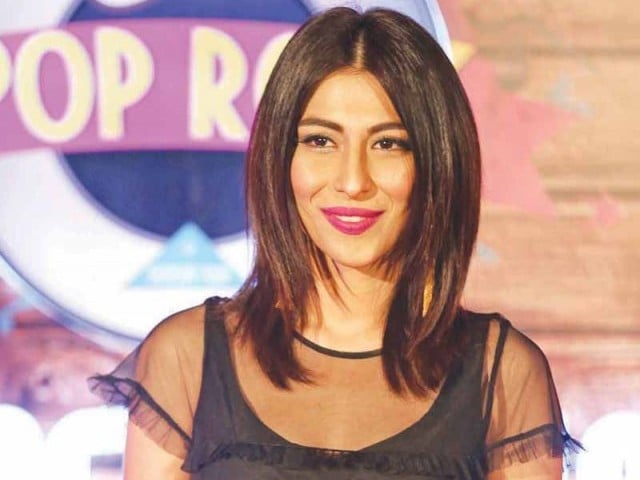 PHOTO: FILE
PHOTO: FILEJust when we thought Pakistan was ready to have a detailed conversation about #MeToo, Sadaf Kanwal's recent comments have got us thinking again.
In a recent interview, the 25-year-old model said how victims of sexual abuse should speak up at the time of incident. "You know, when you have a #MeToo incident, say it then. Why are you remembering it later? I think when it happens you should say it," she said.
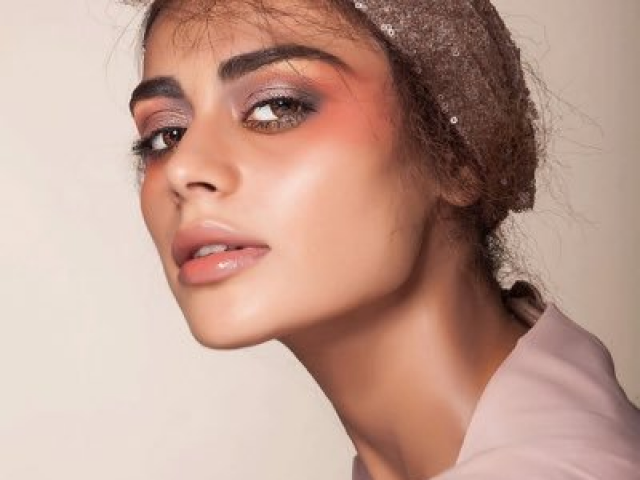 PHOTO: TWITTER/ SADAF KANWAL
PHOTO: TWITTER/ SADAF KANWALThe statement itself is so problematic that she needs to be called out for it:
Dear Sadaf, there's a lot of shame and stigma attached to the victims of sexual abuse. It's important to keep in mind that it would have taken them a great amount of courage to open up about something that must have been so traumatising.
However, you have decided to keep mum on the matter after sharing your two cents on the subject. And, while we do respect your choice, it would have been much better if you had extended your support to all those who mustered the confidence to revisit their horrific experiences.
 PHOTO: INSTAGRAM/SADAF KANWAL
PHOTO: INSTAGRAM/SADAF KANWALSexual assault survivors don't recall every detail and don't always report the crime. Why, you might think? Twitter recently lit up with the latest hashtag, #WhyIDidntReport, which sheds light on why victims opt to remain silent at the time of the abuse. The reason? It's the shame attached the idea of sexual harassment.
You should not have said.
— MEESHA SHAFI (@itsmeeshashafi) September 20, 2018
You should not say..
Why did you say...
What reason for saying...
How dare you say...
Why did you say it like this/that
Why haven’t you said it to me?
Why this forum?
But what about xyz issue?
Also:
But why didn’t you say anything sooner?
🙃
https://twitter.com/Caradelevingne/status/1045160778771324933
Because I didn’t want to lose my job or make people think I was a drama queen. #WhyIDidntReport
— Lili Reinhart (@lilireinhart) September 21, 2018
Another one of Sadaf's statements that caused an uproar on social media was about superstar Mahira Khan. In a country where a very clichéd meaning of beauty exists, Sadaf reduced Mahira's worldwide success to the colour of her skin.
"Why do people like Mahira Khan?" Sadaf commented, "Because she's pretty. She's nothing special. I love Mahira but she's nothing specific." It's alarming to see how someone whose hard work has been recognised internationally is now considered successful 'just because she had a pretty face.'
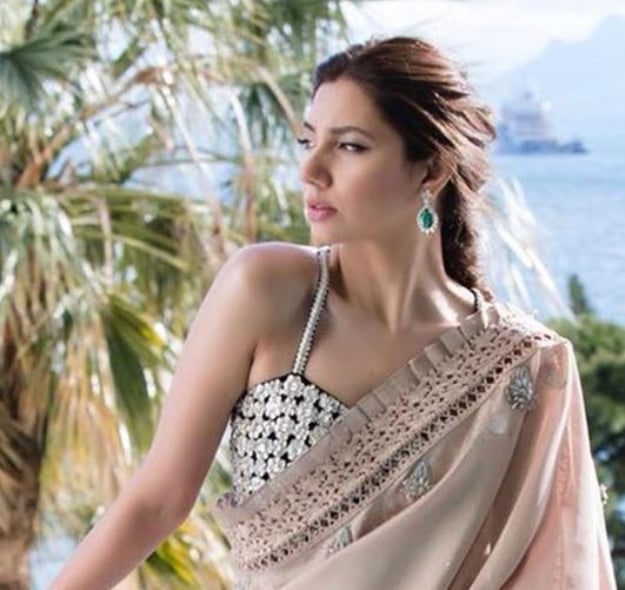 PHOTO: INSTAGRAM/MAHIRA KHAN
PHOTO: INSTAGRAM/MAHIRA KHANMahira Khan is a lot more than that. She has been representing Pakistan globally on various forums that have brought nothing but much-needed recognition as she puts our country on the world map.
So, let's all of us be more empathetic and support each other. Case in point: Model Anum Tanoli's suicide. She took her own life only because she had no one to cheer her on.
Have something to add to the story? Share it in the comments below.


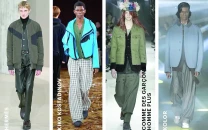

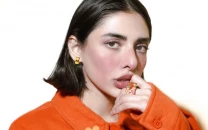

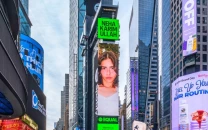












COMMENTS
Comments are moderated and generally will be posted if they are on-topic and not abusive.
For more information, please see our Comments FAQ